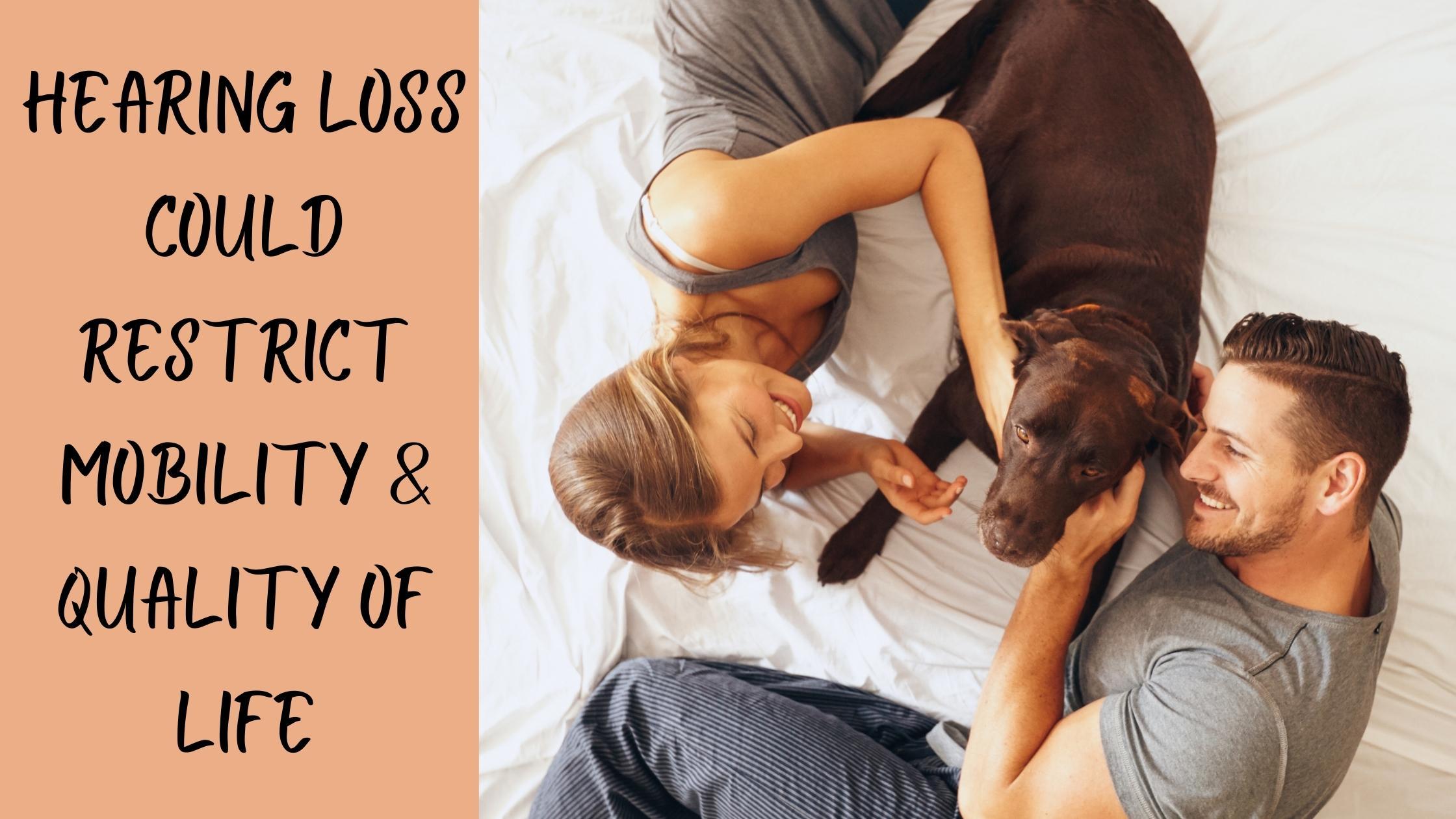
- How Spending Time Outdoors Enhances Hearing Health - July 16, 2024
- Exploring the Impact of Sports on Hearing Health - July 3, 2024
- The Impact of Diet on Hearing Loss - June 28, 2024
When talking with people about treating their hearing loss we often encounter the perception that hearing loss “isn’t a big deal” and “doesn’t really affect my life”. What these perspectives usually fail to take into account is all the subtle ways hearing loss alters your communication and social behavior. Hearing loss, when left untreated, can lead to serious negative consequences for both mobility and quality of life.
When considering whether or not to treat your hearing loss, it is important to understand common negative health risks that hearing loss plays a role in. When it comes to social health and wellbeing, hearing loss can make a rather serious impact.
Depression
Hearing loss creates many challenges to effective communication. A person with hearing loss will often struggle to keep up with conversations, and have trouble deciphering speech especially in noisy social settings and multi-person conversations. These issues can become frustrating easily and even alienate a person from those they are closest to.
When everyday communication becomes a difficult chore to engage in, an easy familiarity can be lost with friends, family and even partners. Amidst this drop-off in communication lies a common root of depression: the failure to understand others and to feel, in turn, understood by them. Depression is a serious health and quality of life issue, which, if left unaddressed can ripple into other health problems.
Anxiety
Untreated hearing loss also makes people more vulnerable to increased anxiety. Imagine traveling to an unfamiliar location. Whether you pictured a new store on your block or a new city in another country, try to picture how you would navigate the space if you couldn’t fully hear your surroundings and had trouble detecting directional sounds.
Hearing loss can make unfamiliar situations exponentially more challenging and even impair your ability to ask for and receive assistance effectively. A fear of not being able to keep up – on the job, at school, or even just with friends, can compound these pressures. It can all easily snowball into anxiety rooted in untreated hearing loss.
Anxiety around hearing in social situations can shape our behavior patterns. hearing loss can make it unappealing to attend social events and activities, even if we once enjoyed them. Anxiety created by hearing challenges can cause us to avoid situations that could be frustrating or confusing because of our hearing loss.
Mobility
The ways in which hearing loss alters social behavior can add up to a significant loss of mobility. In study after study, individuals with untreated significant hearing loss demonstrated a far smaller mobility radius than their peers with healthy hearing. When reinforced by anxiety, locations and social situations outside the familiar can seem to be too daunting to face with hearing loss. By default, many people with unaddressed hearing impairments lean heavily on a small number of familiar locations rather than moving out of their comfort zone.
Hearing loss also commands excessive cognitive attention from the mind as it pieces together meaning from incomplete sound. This cognitive strain draws focus away from bodily factors that can have consequences for mobility. For instance, by pulling concentration away from physical balance and bodily coordination, untreated hearing loss makes a person much more susceptible to falling accidents and injuries. Falling accidents can create physical barriers to mobility as well as those shaped by anxiety.
Isolation
We’ve seen how untreated hearing loss damages quality of life in a multitude of ways. By eroding communication and mobility, people with hearing loss are also at high risk of social isolation. Untreated hearing loss often removes the most obvious benefits and incentives for socializing with others. The challenges and anxieties hearing loss creates can be discouraging towards maintaining relationships with our closest loved ones, as well as reaching out to others to establish new friendships.
Isolation happens when social ties are severed and it can have an extreme effect on cognitive performance and mental health. Humans are social beings and the necessity for contact with others is well documented as a critical part of our total wellbeing. When hearing loss is allowed to erode our connections to community, social isolation can result.
Treating Hearing Loss
The impact of leaving hearing loss untreated can be quite serious. That’s why it is important to address hearing loss. Has your hearing been changing? Contact us today!
